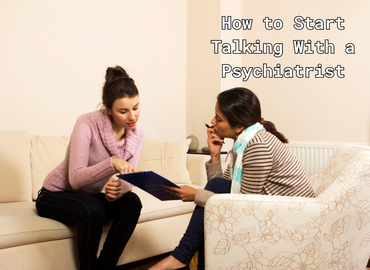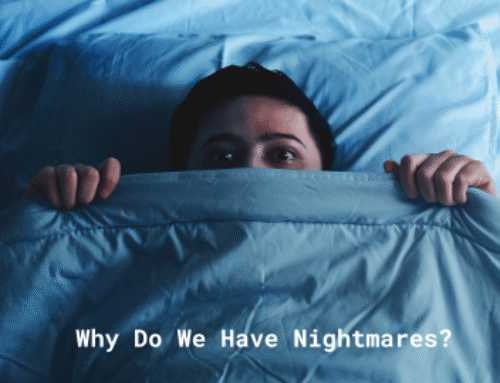How to Start Talking With a Psychiatrist
What does a psychiatrist do? In short, a psychiatrist is a medical doctor who focuses on mental health. Unlike psychologists and therapists, they are allowed to prescribe medication. If you’ve never seen a psychiatrist before, and are thinking about seeing one, there are some things that would be helpful to know.
You’ll need to be able to convey to the psychiatrist why you’re there. Remember that they are there to help you, not to judge, so be candid. Consider these statements:
- “I can’t control my anger and I’ve don’t things I regret because of it.”
- “I feel grief, like someone dear to me has died, all the time.”
- “I hate my body.”
- “I have a hard time going outside because I’m scared.”
- “I went through a traumatic event, and I can’t get it out of my head.”
What should you do before you see a psychiatrist?
- See your GP for a checkup/physical and referrals/recommendations.
- Write down any questions you have for the psychiatrist.
- Journal your symptoms in detail, including things like:
- Frequency, including dates
- Severity
- Circumstances surrounding symptoms
- If your behaviors and/or plans were affected
What should you expect for your first visit?
- The practice will require certain information from you, including:
- Your medical history
- Your insurance information
- Your contact information
- The psychiatrist will listen to your concerns and symptoms.
- They will ask questions on a variety of topics, such as:
- Specifics on symptoms / characteristics
- Frequency of symptoms
- Severity
- Your lifestyle
- What you want to achieve
- Any treatments / medications you’re getting now
Expect it to take some time and for there to be a lot of questions. Your psychiatrist may ask you to try thought exercises in between visits. If you are prescribed medication, take it as directed but be honest if they make you feel better or not or if there are side effects that give you trouble. At the same time, know that it might take a while for you to feel better.
Remember, you’re doing a good thing by advocating for your own mental health and seeking help. You’re not weak and you’re not crazy. It’s a courageous act to ask for mental health help in a society that still stigmatizes mental illness.
Contact us on our website or call (585) 442-6960 for questions or to schedule an appointment. If you are in crisis, call 911 or the SAMHSA hotline at 1-800-662-4357.




